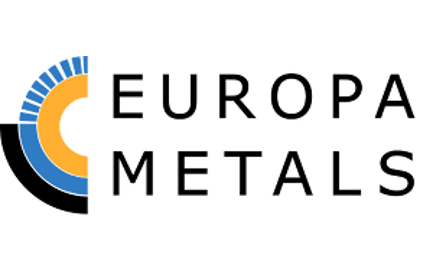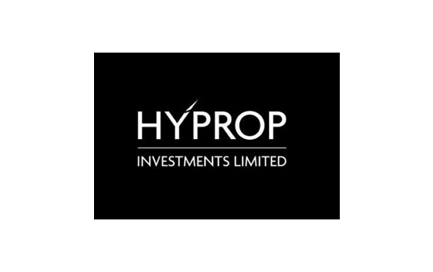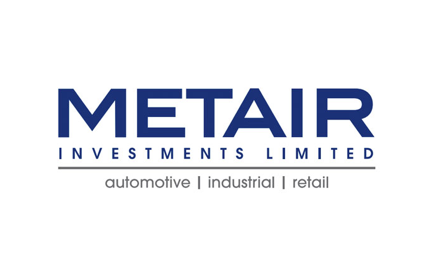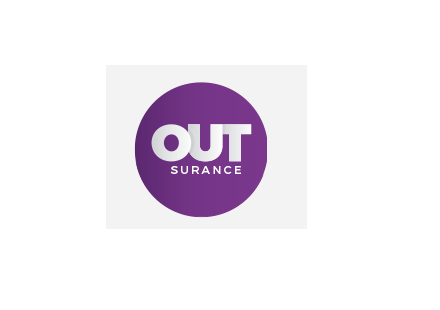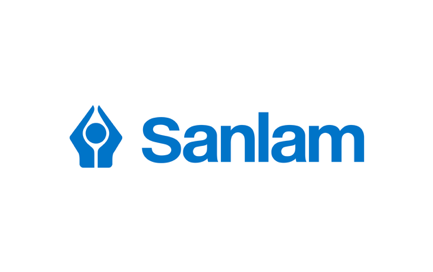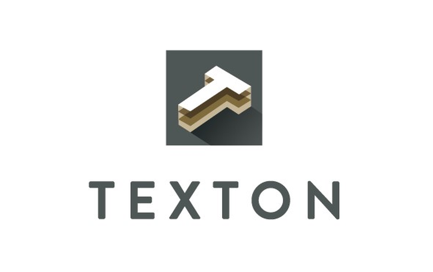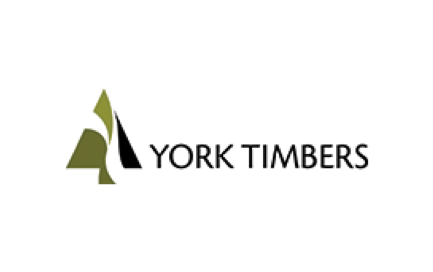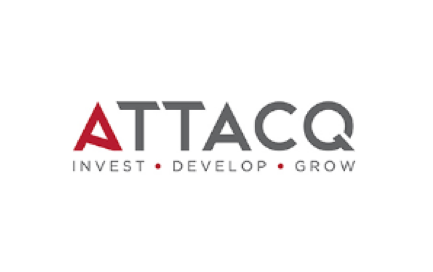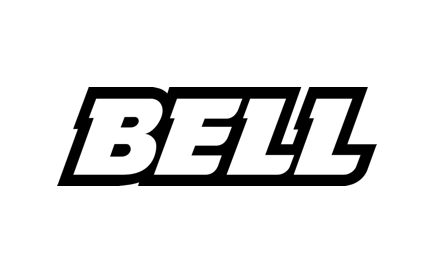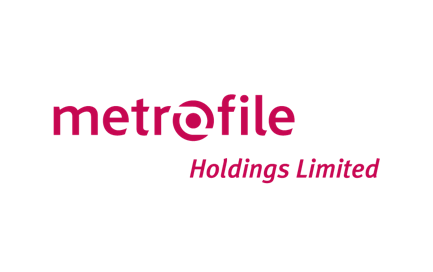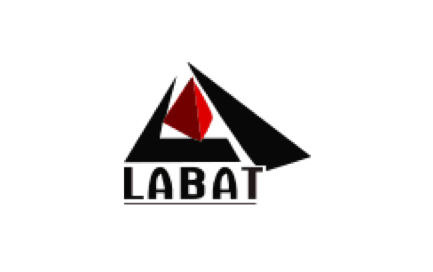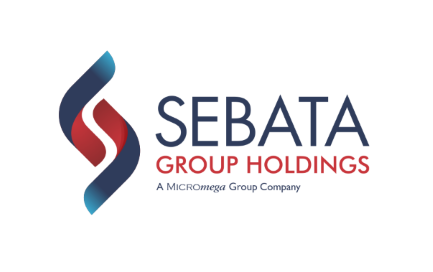Get the latest recap of JSE news in the Ghost Wrap podcast, brought to you by Mazars:
Capital Appreciation is still a tale of two divisions (JSE: CTA)
The software division is dragging them down
Capital Appreciation has released an update for the six months to September 2024. The recent trend in the group has been positive for the payments division and negative for the software division. It seems to be more of the same here.
The payments division secured a couple of important multi-year contracts that will add substantially to the existing estate of payment terminals already out there. There are 357,000 devices out in the field and these contracts could add another 200,000 devices over three to five years. These devices generate revenue for Capital Appreciation on an ongoing basis, so growing the installed base by this extent is very positive indeed. The benefit will only be felt in periods to come though, with a fairly subdued narrative related to this six-month period under review.
Notably, the trend within the business has been to see more annuity income rather than up-front fees, as clients are looking to lease terminals rather than purchase them. This provides a useful income base for the group but it does come with working capital considerations as well.
Another growth driver is the decision by the South African government to deprecate the 2G and 3G networks in 2027, driving another round of investment in devices.
In the software division, they are struggling with overcapacity, which is a nice way of saying that they have too many expensive people and not enough work. They are choosing to hang onto the people though, hoping for an uptick in demand and finding other uses for them in the development of group intellectual property. I’m really not sure how much longer they can carry a team this size though, so improvement does need to come through. Profitability in this division is down year-on-year for the six months.
In other news, GovChat’s exit from business rescue has resulted in minor operating expenses and limited expected credit loss provisions.
The group also announced the retirement of the group CFO at the end of this calendar year. Sjoerd Douwenga, ex-CEO and CFO of Metair, will take over as CFO.
There’s a lot going on at Europa Metals (JSE: EUZ)
The group is going to look completely different in future
There’s basically no liquidity in Europa Metals, so the share movement (or complete lack thereof) in response to these updates isn’t a fair reflection of the economics. In a liquid stock, there would be plenty of activity after announcements of a major disposal and a reverse takeover!
Let’s start with the disposal of the Toral Project to Denarius Metals. It’s not an exit from Toral for Europa though, with the deal being to sell 100% in Europa Metals Iberia (the subsidiary that holds Toral) for CAD3.5 million, settled by the issuance of shares in Denarius to Toral. In other words, this transaction gives Europa exposure to the rest of the Denarius projects in Spain and Columbia.
In a separate announcement, Europa delivered the news that Viridian Metals Ireland will be injecting its assets into Europa in a reverse takeover. You can go years without seeing any reverse takeovers, yet you can see two in the same week like we’ve seen this week on the JSE (the other is Kibo Energy). There are still numerous regulatory hurdles to get over of course, but the idea here is that Europa would then be the vehicle housing the Tynagh Pb/Zn/Cu/Ag project in Ireland, along with the various assets in Denarius (including Toral after that deal concludes).
If both deals go ahead, Europa will suddenly have a far more interesting portfolio of assets, achieved virtually overnight!
Hyprop’s dividend is back (JSE: HYP)
There’s a decrease in distributable income though
After Hyprop had a small panic around its interim results with the potential impact of the Pick n Pay troubles, it’s nice to see that the dividend is back. It’s smaller than before though, coming in at 280 cents per share and thus 6.4% lower than the previous year. This is because distributable income per share fell by 8.6%.
The interesting thing is that net operating income from the properties themselves increased by 61%, so the pressure was felt below that line. The properties have a good news story to tell, with improvement in key metrics in both South Africa and Eastern Europe.
Below that, the first challenge is that the net interest expense jumped by 27.9%. If you eyeball the actual numbers, the jump in finance costs of nearly R240 million offset a big chunk of the roughly R315 million uplift in operating income. We then get to the next problem for distributable income per share: the number of shares in issue. Property funds love dividend reinvestment programmes as they are basically miniature rights issues. With the number of shares in issue increasing by around 5.8%, the modest uptick in earnings after finance costs was no match for the number of people sitting at the table waiting to eat those profits,
They expect distributable income per share to be between 4% and 7% higher for the year ending 30 June 2025. There’s some positive momentum there at least.
Metair isn’t very Istanbullish on Turkey (JSE: MTA)
The Turkish business is being sold and the market likes it
Metair, also known as the unluckiest company on earth, is simplifying its exposure and therefore giving itself one less place to get hurt by the fickle finger of fate. The business in Turkey is being sold to Quexco, a private holding company with a number of industrial assets (mainly lubrication) across several regions.
Metair’s Turkish business is focused on batteries, not lubricant, although the end customer for the batteries is the automotive sector and perhaps that’s where the synergies lie. With a loss for the year ended December 2023 of R70.6 million and net assets of R2.9 billion, I don’t think Metair shareholders care too much about whether Quexco is doing a smart deal here. They are just happy to see it go for R1.95 billion, unlocking a substantial amount of capital to reduce the debt in South Africa.
There are material adverse change clauses in the agreement related to incidents like earthquakes, floods, military attacks or other acts of God, which in most cases would be a formality but based on Metair’s luck you actually just never know. Hopefully nothing will happen while the deal is being finalised!
This is a Category 1 deal, so Metair shareholders will need to vote on it. Value Capital Partners have already given their support to the deal and they hold 19.64% in Metair. I think the market has already voted with its feet on this one, with the share price up nearly 10% in late afternoon trade.
Investors are getting plenty OUT with this special divi (JSE: OUT)
OUTsurance is doing really well
OUTsurance is putting in some strong numbers at the moment, with normalised earnings for the year ended June up by 20.3%. Cash quality of earnings is extremely high, with the ordinary dividend up 29.4% and a special dividend of 40 cents on top of the ordinary dividend of 174.4 cents. For reference, the special dividend in the comparative period was 8.5 cents.
Normalised earnings growth has been excellent across the board. OUTsurance SA grew 17.4%, OUTsurance Life 47.9% (admittedly off a much smaller base) and Youi Group (the Australian business) 12.8%. OUTsurance Ireland is the startup that they are currently incubating, so it’s not surprising to see the losses there climb from R56 million to R180 million. Before you get worried, remember that OUTsurance has a track record of global expansion in the good old fashioned way: hard work and market penetration rather than fancy acquisitions that make bankers rich and shareholders poor.
They call the Irish strategy a “disciplined scale-up” – and in these numbers, you can see the benefit of that approach at OUTsurance over the past couple of decades.
The share price closed more than 8% higher.
Sanlam’s deal for Assupol has met all conditions (JSE: SLM)
The deal worth over R6.5 billion is going ahead
In February this year, Sanlam announced the intention to acquire all the shares in Assupol through a scheme of arrangement. In case that didn’t work, a standby offer was also on the table. They didn’t need the offer in the end, with the scheme being approved by shareholders and the scheme becoming unconditional.
The original price of R6.5 billion was subject to adjustments related to dividends and an escalation rate. The final price is therefore R6.57 billion, payable in cash to Assupol shareholders.
That’s good news for Assupol and Sanlam shareholders, but not such great news for the Cape Town Stock Exchange which now loses one of its precious few listings.
Another UK disposal at Texton – and confirmation that distributable income has dropped (JSE: TEX)
The fund has reduced its direct property exposure in the UK substantially
Hot on the heels of a recent announcement regarding the disposal of a UK property, we have yet another disposal by Texton. This time, it’s the North West Industrial Estate in Peterlee, which is well-tenanted but in a less-than-ideal location.
The price on the table is £8.3 million and the buyer is a REIT listed on the London Stock Exchange. Texton had valued the asset at £7.9 million as at 30 June 2023. That valuation is more than a year old, but at least the disposal is for a higher amount.
Included in the announcement was a trading statement that noted an expected decrease in distributable income of between 14% and 24% for the 12 months ended June 2024. This helps explain why they are reducing exposure and trying to simplify things.
York Timber swings into profits – but watch the cash (JSE: YRK)
The biological asset valuations are a regular source of volatility in earnings
Due to accounting rules, York Timber recognises fair value moves on the trees in the ground before they are cut down and sold. Whilst it would be unreasonable to ignore an asset that is quite literally growing every day, it does also lead to a volatile story in profits and a mismatch between earnings and cash.
Given York’s historical difficulties, I always think that earnings excluding those fair value moves are the important thing to focus on, along with cash generation.
For the year ended June, York expects to swing from a headline loss of 75.89 cents to HEPS of between 28.22 cents and 32.02 cents. They also disclose core earnings per share excluding the biological assets adjustment, with that number deteriorating from a loss per share of 8.04 cents to a loss of between 10.61 and 11.01 cents. That’s a negative move of between 32% and 37%!
Another important disclosure is EBITDA before fair value moves, which fell by between 15% and 20%. Finally, cash generated from operations is expected to be 75% to 80% lower than the comparative period, a particularly worrying trajectory.
Much like its earnings, York’s share price has been all over the place in the past few years.
Nibbles:
- Director dealings:
- I’m not sure who the seller was in this off-market deal, but Carl Neethling of Ascendis Health (JSE: ASC) bought R19 million worth of shares at 80 cents per share.
- Johan van der Merwe (yes, of ARC fame) is a non-executive director of Attacq (JSE: ATT). He sold shares in Attacq worth R6.6 million.
- A director of Bell Equipment (JSE: BEL), who also happens to be a member of the Bell family, sold shares worth R1.98 million. Given the recent attempted scheme of arrangement, the price is important here. They were sold for an average price of R39.58, which is well below the R53 at which the same family tried to buy out all remaining shareholders. Odd.
- The CFO of Metrofile (JSE: MFL) bought shares worth R322k. That’s a bullish signal, although the recent results were anything BUT bullish.
- Labat Africa (JSE: LAB) began its quarterly update in an unenviable way: “First and foremost, the company wishes to reassure its shareholders and stakeholders that Labat remains a going concern.” That’s all good and well, but it’s also an ongoing concern that the shares are suspended from trading because the 2023 and 2024 audits haven’t been concluded. They are still trying to appoint new auditors to get it done.
- Sebata Holdings (JSE: SEB) has appointed joint chief executive officers, with the current CEO and interim CFO becoming non-executive chairperson. There’s no mention made of the appointment of a full-time CFO.




